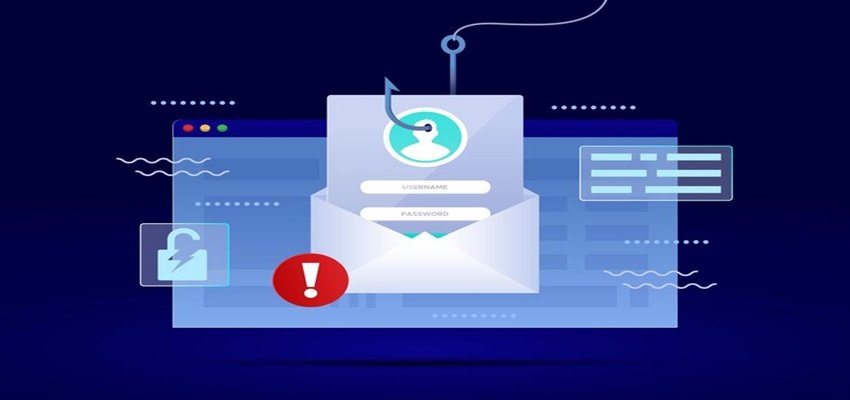Introduction
Apple’s iPhones are known for their robust security, thanks to their tightly controlled iOS ecosystem. However, some users choose to jailbreak their devices to gain more control and customization options. While jailbreaking may seem appealing, it also comes with significant security risks, including increased vulnerability to spyware. This article explores what jailbreaking is, how it exposes your iPhone to spyware, and ways to protect your device from security threats.
What is Jailbreaking?
Jailbreaking is the process of removing software restrictions imposed by Apple on iOS devices. By doing so, users gain root access to the operating system, allowing them to install unauthorized apps, customize their devices, and bypass certain Apple-imposed limitations.
While jailbreaking can provide more flexibility, it also bypasses Apple’s built-in security protections, making an iPhone more susceptible to malware, spyware, and hacking attempts.
How Jailbreaking Makes Your iPhone Vulnerable to Spyware
-
Bypassing Apple’s Security Measures
Apple implements strict security controls to prevent malicious software from infiltrating iPhones. When you jailbreak your device, you disable many of these protections, making it easier for spyware and other malware to be installed without detection.
-
Downloading Unverified Apps
A jailbroken iPhone can access third-party app stores that offer apps not approved by Apple. Many of these apps come from unknown sources and may contain hidden spyware designed to steal personal information, track your activities, or record keystrokes.
-
Weakened System Integrity
Jailbreaking modifies the iOS system at a deep level, often disabling automatic updates and security patches. This means that if Apple releases a critical security update, your jailbroken device may remain vulnerable to new threats, including spyware infections.
-
Remote Exploits and Unauthorized Access
Once an iPhone is jailbroken, it becomes easier for hackers to remotely exploit vulnerabilities. Cybercriminals can install spyware without requiring user interaction, leading to unauthorized data collection, location tracking, and even full control over the device.
Common Spyware Found on Jailbroken iPhones
Jailbreaking can expose your device to various types of spyware, including:
- Keyloggers – These track everything you type, including passwords and private messages.
- Trojan Horses – Malicious programs disguised as legitimate apps that can access your data.
- Remote Access Tools (RATs) – Allow hackers to control your phone remotely.
- Adware – Continuously displays unwanted ads and collects browsing data.
How to Detect Spyware on a Jailbroken iPhone
If you suspect that your jailbroken iPhone has spyware, look for these signs:
- Unusual battery drain – Spyware runs in the background and consumes battery life quickly.
- Overheating – Excessive processing from spyware can cause your phone to overheat.
- Unrecognized apps – If you see apps you don’t remember installing, they could be spyware.
- Slow performance – A sudden lag or poor performance may indicate malicious activity.
- Unusual data usage – Spyware often sends collected data to remote servers, increasing data consumption.
How to Remove Spyware from a Jailbroken iPhone
If you suspect your jailbroken iPhone is infected with spyware, take these steps:
-
Delete Suspicious Apps
Go through your installed apps and remove any unknown or unauthorized ones.
-
Use a Mobile Security App
While Apple does not support traditional antivirus software, some security apps like Malwarebytes and Certo AntiSpy can scan for spyware on jailbroken devices.
-
Reset Network Settings
Spyware often changes network configurations. Resetting network settings can help remove malicious changes:
- Go to Settings > General > Transfer or Reset iPhone > Reset > Reset Network Settings.
-
Restore Your iPhone
The most effective way to remove spyware is to restore your iPhone to factory settings:
- Backup your important data (avoid restoring from a suspicious backup).
- Go to Settings > General > Transfer or Reset iPhone > Erase All Content and Settings.
- Set up your device as new without jailbreaking it again.
How to Protect Your iPhone from Spyware
To avoid spyware and other security threats, follow these best practices:
-
Avoid Jailbreaking
The best way to keep your iPhone secure is to use it without jailbreaking. Apple’s built-in security features provide strong protection against malware and spyware.
-
Download Apps Only from the App Store
Stick to official and trusted sources for app downloads. Apple reviews and verifies all apps in the App Store to ensure they do not contain malware.
-
Keep iOS Updated
Regular updates provide security patches that fix known vulnerabilities. Always keep your iPhone’s iOS version up to date.
-
Use Strong Passwords & Two-Factor Authentication (2FA)
Enable 2FA on your Apple ID and use strong passwords to prevent unauthorized access to your accounts.
-
Monitor App Permissions
Check app permissions and remove unnecessary access to camera, microphone, and location services.
Conclusion
While jailbreaking may offer customization and access to unauthorized apps, it significantly weakens your iPhone’s security and increases the risk of spyware infections. Spyware can steal sensitive information, monitor your activities, and compromise your privacy. The best way to stay protected is to avoid jailbreaking, keep your iOS updated, and use only trusted apps. If you suspect spyware, take immediate action to remove it and restore your iPhone’s security.

